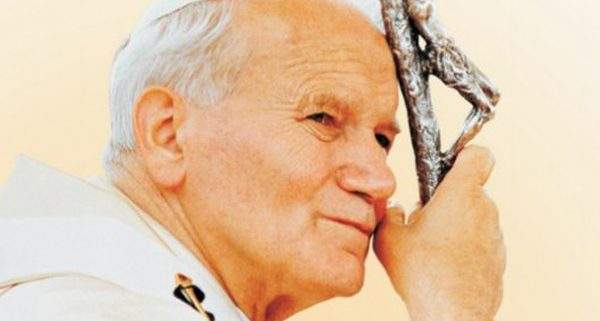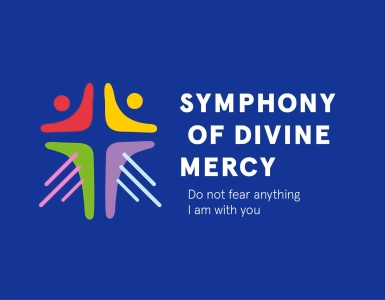When the first Gulf War broke out in 1991, many treated it as a marginal case, also because despite the strong “smell” of oil industry dollars, military action may have seemed justified in a sense. It was believed that since a small country like Kuwait had been attacked and militarily occupied by its powerful neighbor, Iraq, it was necessary to respond to this strike in some way.
Already in August, when the crisis in the Gulf broke out, John Paul II tried in every way to prevent the development of the conflict. He argued that war could not be a tool, neither right nor effective, in resolving controversies between states. As in Vietnam, Lebanon or Afghanistan, the war not only did not solve the problems, but through the use of modern destructive weapons led to their exaggeration. (…) On 16 January, during the General Audience, the Holy Father implored, together with thousands of the faithful: “No more war, which is the path with no return…”
However, already the war machine could not stop. There were too many interests at stake. The President of the United States did not inform the Pope. A journalist called Archbishop Jean-Louis Tauran, now a Cardinal, and then the Vatican’s “foreign minister” at night, to inform him that Baghdad was being bombed. And, to think that the night before, at 7 p.m., Archbishop Tauran saw the American ambassador in audience, who did not say a word about it. Or maybe the diplomat didn’t know anything either, or maybe the US administration didn’t like the Pope who talked too much about peace…
With the consent of Cardinal Stanisław Dziwisz – “Testimony”.
TBA Publishing House marketing communication. Warsaw 2007





